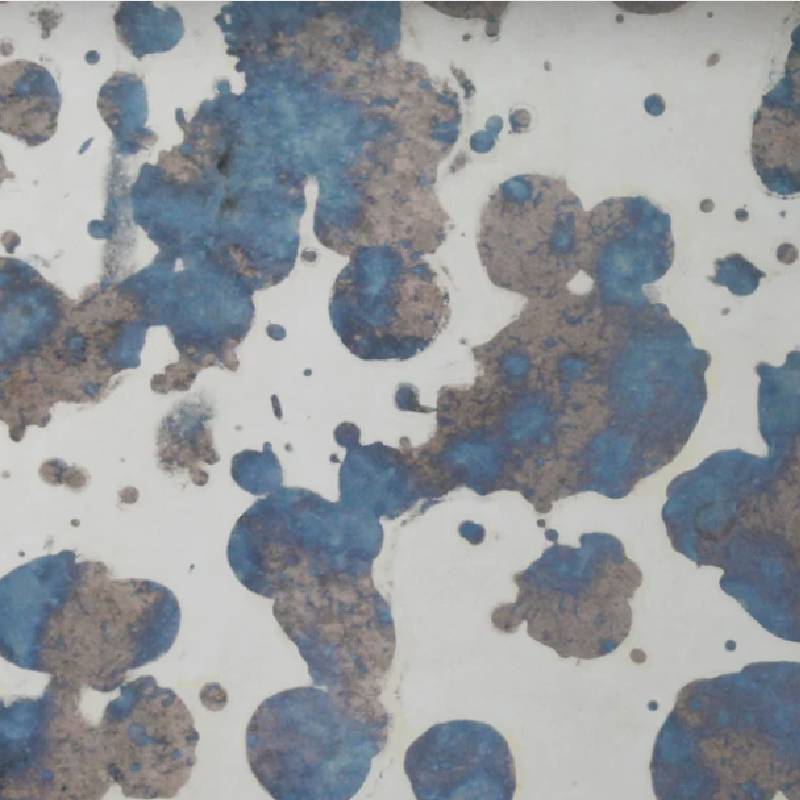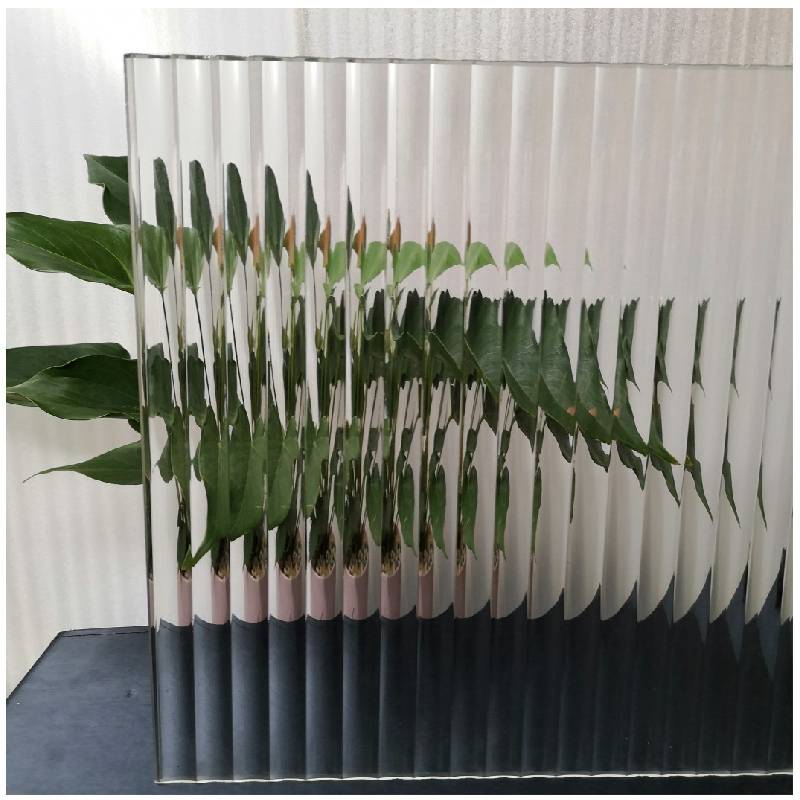Float glass manufacturing has long been considered the foundation of modern architecture and a pivotal component in a myriad of products ranging from windows to high-tech devices. As an expert in the glass industry, I am willing to share insights derived from years of experience, specialized knowledge, authority, and trustworthiness.

At the core of float glass production is a compelling fusion of artistry and science. The journey begins when raw materials, primarily silica sand, soda ash, and limestone, are meticulously sourced and mixed before being funneled into a furnace where temperatures soar to nearly 1700°C. Here, the raw materials transform into a molten state, akin to lava, exemplifying the controlled precision necessitated by expertise in chemistry and engineering.
A striking feature of float glass production is the 'floating' process itself.
The molten glass is carefully poured onto a bed of molten tin. Due to the molten tin's perfectly level surface, the glass spread evenly to form a flat sheet. The expertise required to maintain a pristine, distortion-free sheet is substantial, involving engineers and technicians who constantly monitor technological parameters, ensuring a flawless finish. This level surface is crucial for applications like architectural facades or automotive windshields, where clarity and uniformity are non-negotiable.

Once the glass emerges from the molten tin bath, it undergoes a methodical cooling process within a controlled atmosphere called the 'annealing lehr.' This step requires precision and trust in calibrated equipment to alleviate internal stresses and enhance the final product's durability. The credibility of this process is pivotal, as improper cooling can lead to fragile glass, potentially leading to catastrophic failure in applications.
float glass
Float glass's adaptability is noteworthy, extending beyond traditional construction into specialized fields. In high-tech arenas, like semiconductor manufacturing and solar energy, glass's clear, robust characteristics make it crucial. In this context, specialist knowledge of coatings and treatment options is indispensable, as these allow float glass to alter its reflective, emissive, or absorptive properties to meet specific industrial needs.
Moreover, innovations in float glass technology continue to drive sustainability. Modern advancements focus on reducing energy consumption during production and developing techniques to integrate recycled content without compromising quality. This not only aligns with global green initiatives but also enhances the trustworthiness of manufacturers committed to environmental stewardship.
Having witnessed the dynamic evolution of float glass, stakeholders in the industry recognize its strategic importance. Whether improving the energy efficiency of skyscrapers or enabling cutting-edge electronic devices, float glass exemplifies the seamless blend of experience-driven expertise, scientific precision, and the authoritative reliability upon which modern industries depend.
In conclusion, while often perceived as an ordinary material, float glass is anything but mundane. It is an extraordinary embodiment of experiential and authoritative craftsmanship that stands at the forefront of numerous technological and architectural innovations. Trust in its manufacture and applications draws from a foundation of specialized knowledge that continues to expand, driving forward the capabilities of industries worldwide.
 Afrikaans
Afrikaans  Albanian
Albanian  Amharic
Amharic  Arabic
Arabic  Armenian
Armenian  Azerbaijani
Azerbaijani  Basque
Basque  Belarusian
Belarusian  Bengali
Bengali  Bosnian
Bosnian  Bulgarian
Bulgarian  Catalan
Catalan  Cebuano
Cebuano  Corsican
Corsican  Croatian
Croatian  Czech
Czech  Danish
Danish  Dutch
Dutch  English
English  Esperanto
Esperanto  Estonian
Estonian  Finnish
Finnish  French
French  Frisian
Frisian  Galician
Galician  Georgian
Georgian  German
German  Greek
Greek  Gujarati
Gujarati  Haitian Creole
Haitian Creole  hausa
hausa  hawaiian
hawaiian  Hebrew
Hebrew  Hindi
Hindi  Miao
Miao  Hungarian
Hungarian  Icelandic
Icelandic  igbo
igbo  Indonesian
Indonesian  irish
irish  Italian
Italian  Japanese
Japanese  Javanese
Javanese  Kannada
Kannada  kazakh
kazakh  Khmer
Khmer  Rwandese
Rwandese  Korean
Korean  Kurdish
Kurdish  Kyrgyz
Kyrgyz  Lao
Lao  Latin
Latin  Latvian
Latvian  Lithuanian
Lithuanian  Luxembourgish
Luxembourgish  Macedonian
Macedonian  Malgashi
Malgashi  Malay
Malay  Malayalam
Malayalam  Maltese
Maltese  Maori
Maori  Marathi
Marathi  Mongolian
Mongolian  Myanmar
Myanmar  Nepali
Nepali  Norwegian
Norwegian  Norwegian
Norwegian  Occitan
Occitan  Pashto
Pashto  Persian
Persian  Polish
Polish  Portuguese
Portuguese  Punjabi
Punjabi  Romanian
Romanian  Russian
Russian  Samoan
Samoan  Scottish Gaelic
Scottish Gaelic  Serbian
Serbian  Sesotho
Sesotho  Shona
Shona  Sindhi
Sindhi  Sinhala
Sinhala  Slovak
Slovak  Slovenian
Slovenian  Somali
Somali  Spanish
Spanish  Sundanese
Sundanese  Swahili
Swahili  Swedish
Swedish  Tagalog
Tagalog  Tajik
Tajik  Tamil
Tamil  Tatar
Tatar  Telugu
Telugu  Thai
Thai  Turkish
Turkish  Turkmen
Turkmen  Ukrainian
Ukrainian  Urdu
Urdu  Uighur
Uighur  Uzbek
Uzbek  Vietnamese
Vietnamese  Welsh
Welsh  Bantu
Bantu  Yiddish
Yiddish  Yoruba
Yoruba  Zulu
Zulu 


